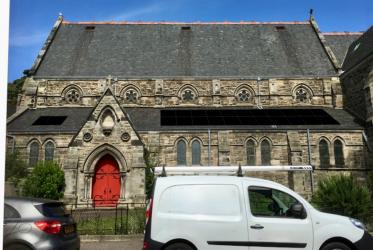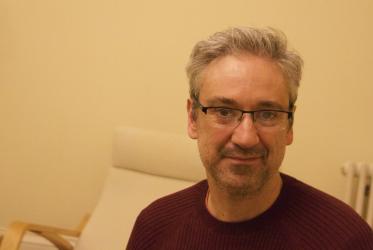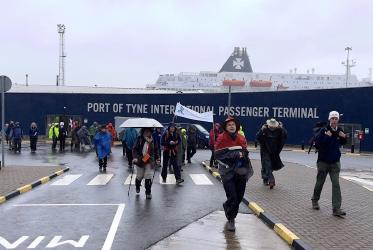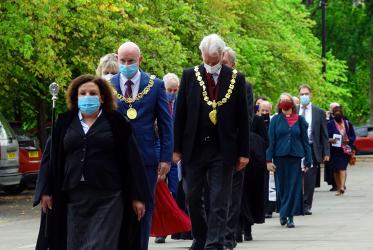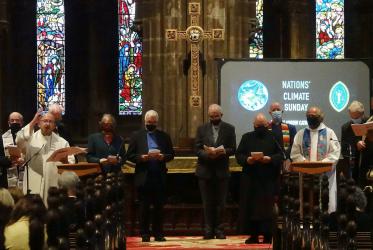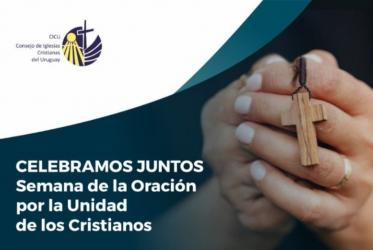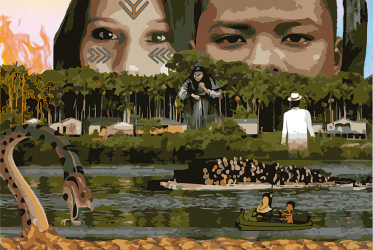Displaying 1 - 20 of 81
21 February 2024
Scottish and UK religious leaders call for urgent climate action
20 September 2021
Climate Sunday: an opportunity for churches to act for creation
06 September 2021
In pictures: Week of Prayer for Christian Unity
01 February 2021
WCC podcast deals with death and dying
15 December 2020




